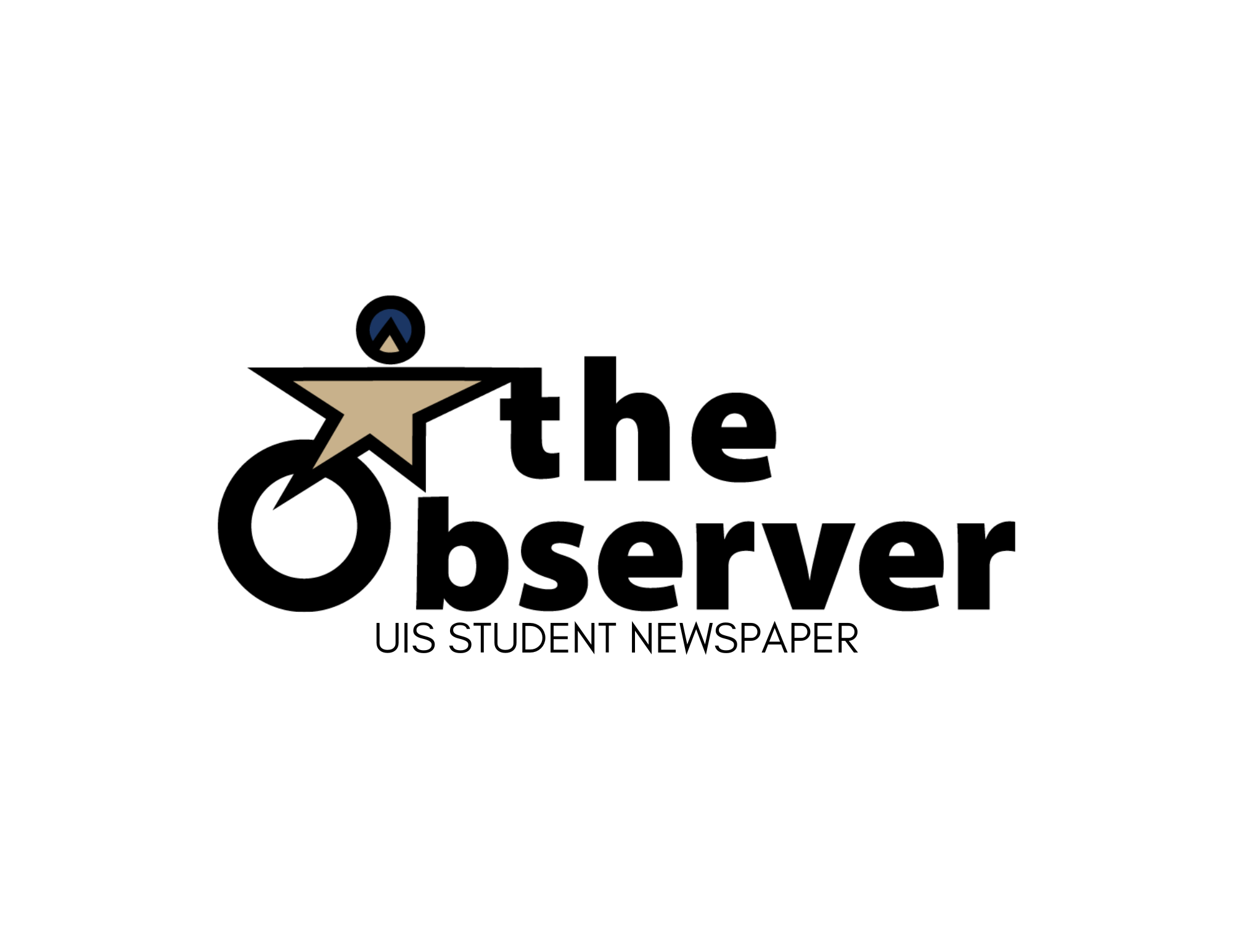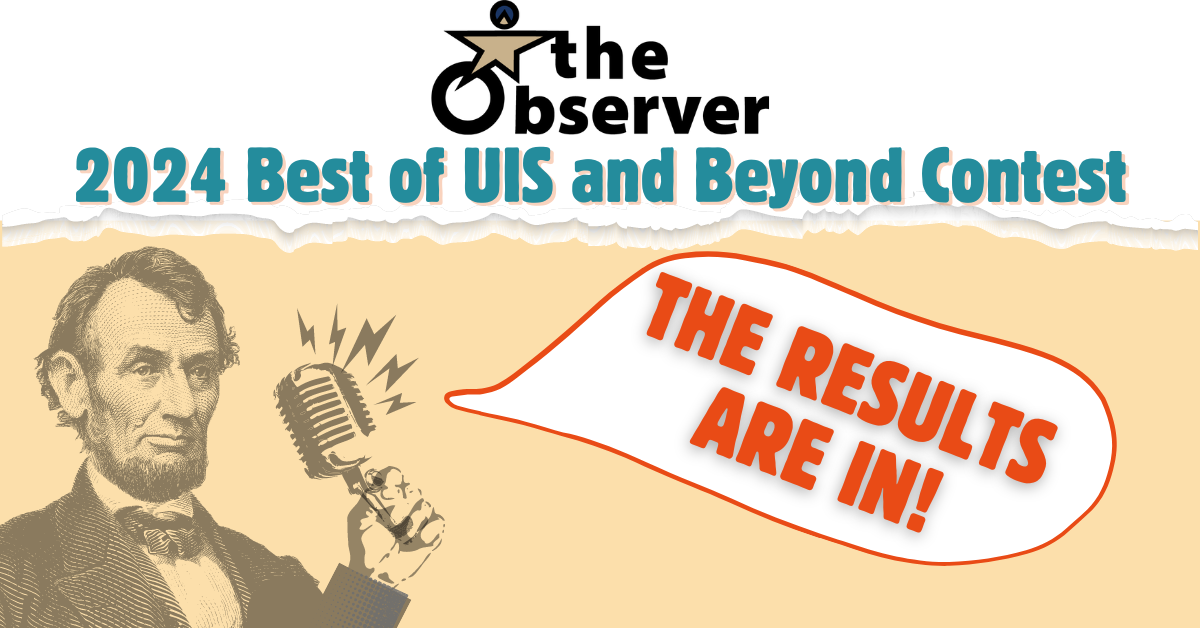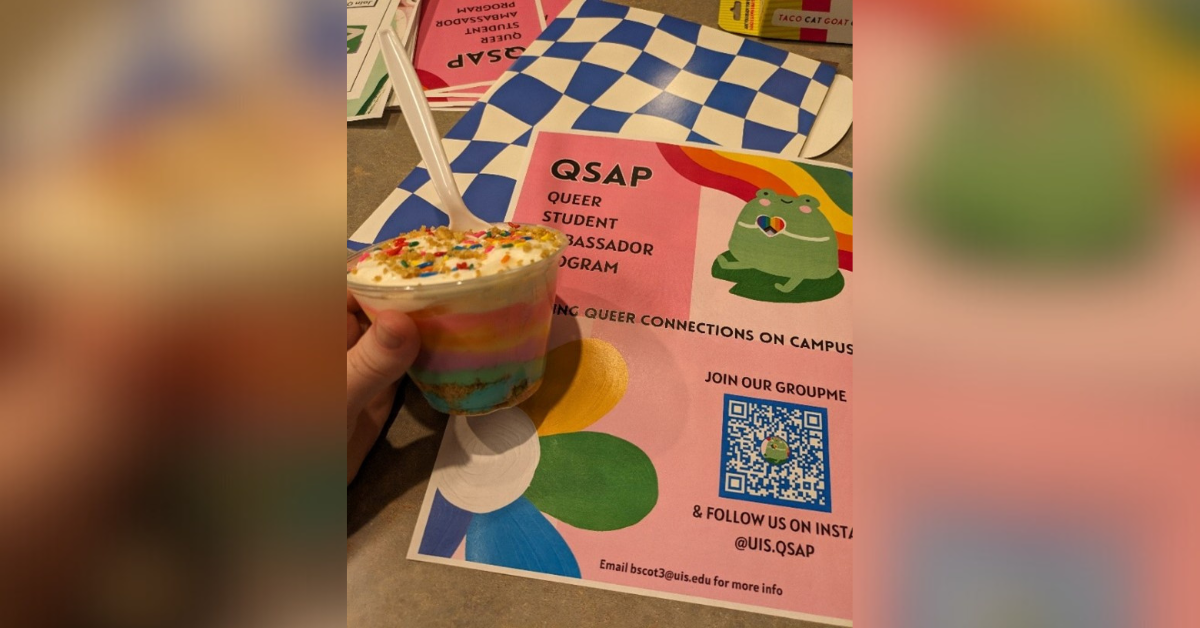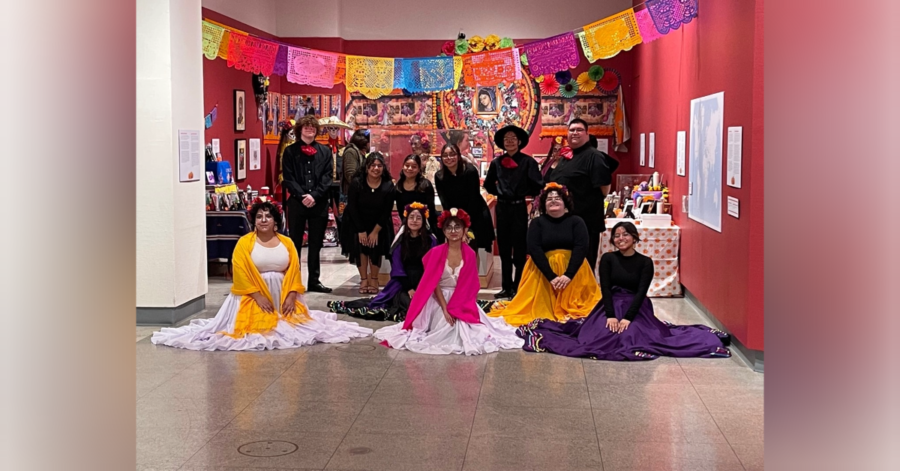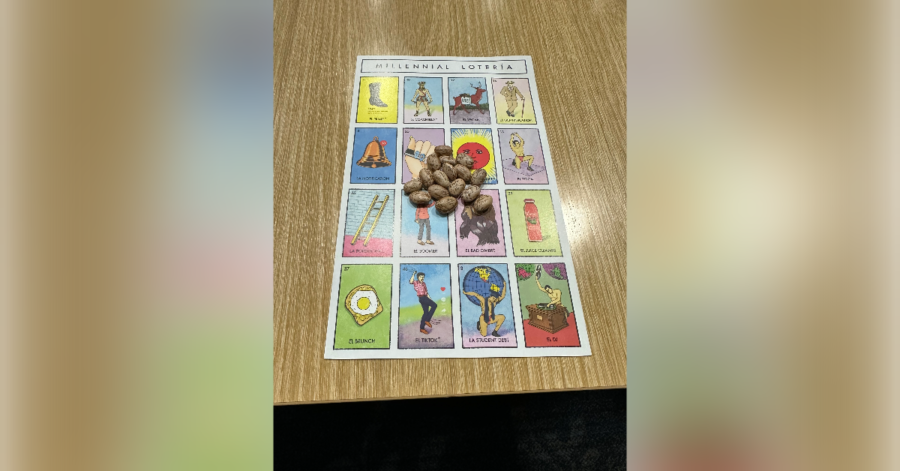In the LGBTQIA+ community, the term “ally” refers to someone who is not necessarily a part of the Queer community but provides support and advocates for Queer topics. This support is important to the LGBTQIA+ movement as there is an ongoing push towards education on Queer topics and consistency in social justice. The more support the community has, the closer many future goals reach. With the focal point of Queertober 2022 at UIS Gender and Sexuality Student Services (UIS GSSS) being “Protect Queer Youth,” this is as good a time as any to push for allyship to help educate and be present to support Queer Youth.
To begin with, there are actions that, whether intentional or not, have the potential to be harmful towards Queer individuals. Examples of these actions include:
- Making sexual comments or sexual implications based on their sexuality
- Ignoring discussions on certain identities
- Using reclaimed slurs in a derogatory way
- Speaking on behalf of the Queer community without inviting those within it to the conversation
- Arguing against the experiences of those in the Queer community
These actions can read to others as “I don’t care about you/them,” which is not allyship. To refer to oneself as an ally to the Queer community and simultaneously act in such a way dismisses the actual meaning of supporting the LGBTQIA community.
Just as there are actions to avoid, there are specific phrases and terms to avoid as well. This includes:
- “You pass for a straight person.”
- “Are you sure you’re ____?”
- “Have you even ever had sex with a (gender identity).”
- “I bet I can turn you straight/etc.”
- “You don’t look ___.”
- Making one individual speak on the entirety of others that share their sexuality
- “As an ally, I think this issue isn’t really as much of an issue.”
These phrases can be especially harmful, as they imply a level of disregard towards the individual and their identity. It’s best to avoid these phrases altogether, as there is no appropriate way to question a peer’s identity or their journey towards identity fulfillment. There are, however, ways to show allyship without making others uncomfortable or unsafe.
When using reclaimed words such as “Queer,” it is again important not to use it in any derogatory way. This means not saying it when angry – since there is a high risk of using it as an insult – and avoiding saying it with a tone of dismissiveness. Instead, check with peers who are openly a part of the LGBTQIA+ community for their comfort with hearing the term, and limit its usage to positive or neutral situations.
One of the best ways allies can show their support is through the ongoing willingness to learn more about the Queer community. This can mean searching the definitions of the terms listed in “LGBTQIA+” and asking mentors and adults in the LGBTQIA+ community about terms, topics, and more. Another way to show allyship is to join in on the Queertober events with GSSS this year. The event calendar shows the complete list of upcoming events and tabling to look forward to. These events will carry more information on the various identities, pronouns, and more.
The important thing to keep in mind is that no one expects anyone to know everything. There are quite a few terms and identities. Hence some dictionaries help cover it all. The only expectation is that allies are respectful when asked to use preferred pronouns and/or when learning about an individual’s identity. This means holding peers accountable when they make mistakes or engage in inappropriate humor toward the Queer community. Regardless of who is watching, ensuring that peers and loved ones treat those with various identities respectfully is one of the most valuable things an Ally can do.
For more information on the Do’s and Don’t’s of showing allyship, visit the ‘Do’s and Don’ts for Straight Allies’ page on the UIS GSSS page.


